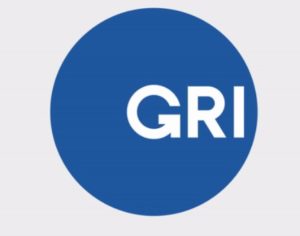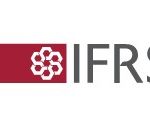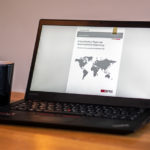
An update on the IFRS sustainability standards consultation process offers encouraging signs that their changes can strengthen financial reporting by companies, which alongside sustainability reporting with both on an equal footing, would improve transparency on sustainability risks and opportunities – according to GRI.
On 8 March, the IFRS (International Financial Reporting Standards) Foundation Trustees shared the strategic direction, taking account of feedback received to their consultation paper. This positions the work as having an investor focus on enterprise value, prioritizing climate-related disclosures, and committing to build on existing reporting frameworks.
Eric Hespenheide, GRI Chairman, said: “GRI welcomes the direction of travel IFRS is taking, which has the potential to strengthen financial reporting by taking into account the financial opportunities and risks of a company’s sustainability impacts. GRI believes that such strengthened financial reporting complements sustainability reporting, which focuses on disclosing a company’s impact on the world. With regard to climate change, the limited scope as outlined will not address the wide-ranging impacts that companies have on the planet. We urge the IFRS to set their ambition commensurate with the needs to support companies in articulating the impacts of the full range of sustainability issues on their financial health; including, for example, social issues, tax and biodiversity. Recognizing investors’ needs for reporting that identifies the effects on value creation linked to social and environmental issues is a step forward. However, companies need to be accountable to a multiplicity of stakeholders. This is why financial reporting and comprehensive sustainability reporting, as enabled by GRI, need to be on an equal footing. The case for multi-stakeholder reporting, which applies the principle of double materiality, is clear. We will continue to work with IFRS, the European Commission and others to support global changes that fulfil these aims.”


